Power of the Metaverse: Powerful Meaning and Best Implications
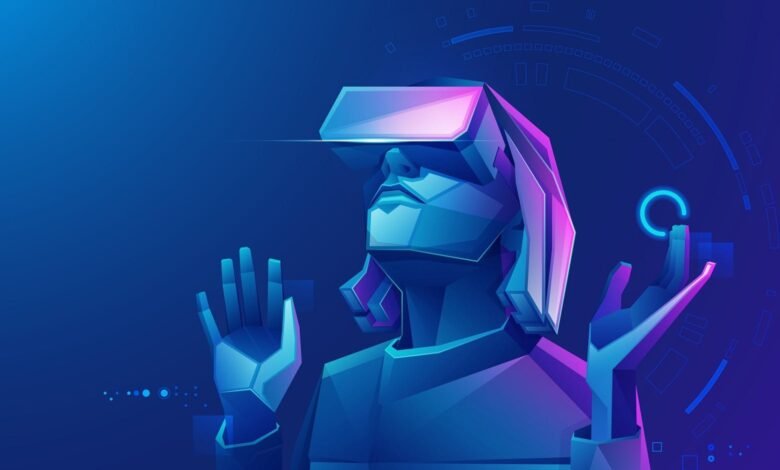
In recent years, the term metaverse has transcended its niche origins and entered the mainstream lexicon, driven by technological advancements and cultural shifts. It represents a convergence of virtually enhanced physical reality and physically persistent virtual space. Including the sum of all virtual worlds, augmented reality, and the Internet. This comprehensive guide aims to delve deep into the meaning and implications of the metaverse. Offering insights into its components, potential, and the transformative impact it promises on various aspects of society.
Defining the Metaverse
In the metaverse, we collectively create and then experience a shared virtual space that blends physically persistent virtual environments with virtually enhanced physical reality. It encompasses a wide array of digital environments, from augmented reality (AR) and then virtual reality (VR) to fully immersive virtual worlds. Various devices, including VR headsets, AR glasses, PCs, and then smartphones, provide access to this vast, interconnected network of digital spaces.
Key Components of the Metaverse
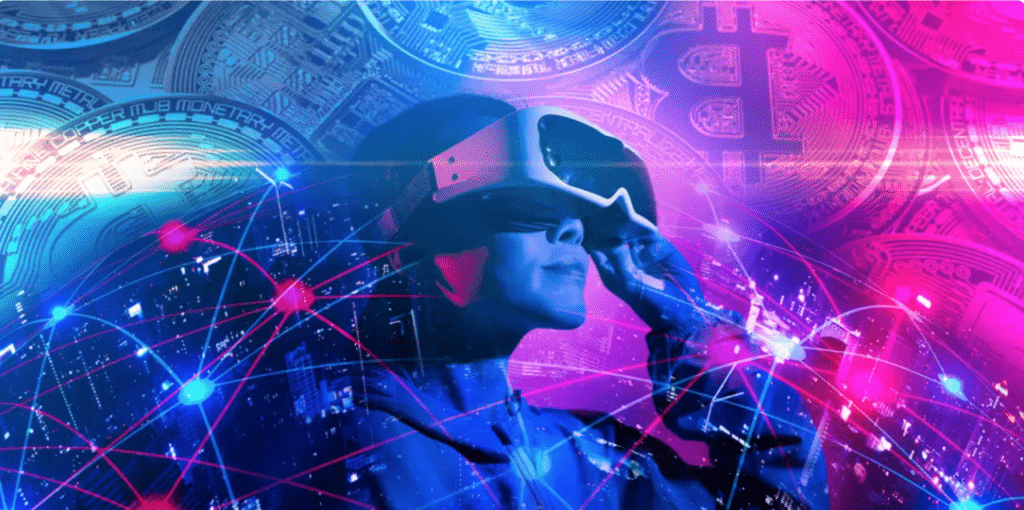
Virtual Worlds
Virtual worlds are fully immersive digital environments where users can also interact with each other and the surroundings. The worlds continue to exist and then evolve on their own, unfazed by users’ logging in. Examples include platforms like Second Life, Minecraft, and then Roblox.
Metaverse Augmented Reality (AR)
Augmented Reality blends digital content with the physical world, enhancing real-world experiences with overlays of digital information. AR applications can also range from simple overlays like navigation aids to complex, interactive experiences like those offered by Pokémon GO.
Virtual Reality (VR)
Virtual Reality provides a completely immersive experience, transporting users to a fully digital environment. VR is often used in gaming, simulations, and then increasingly in social interactions through platforms like VRChat and then Rec Room.
Blockchain and Cryptocurrencies
Blockchain technology and cryptocurrencies play a crucial role in the metaverse by providing a secure, decentralized method for transactions and then ownership verification. Digital assets, including virtual real estate, items, and then currency, are often tokenized on blockchains, ensuring transparency and then security.
Artificial Intelligence (AI)
AI is integral to the metaverse, enhancing user interactions and then automating complex processes. AI-driven characters, known as NPCs (non-player characters), can also populate virtual worlds, providing realistic interactions and then assistance to users.
The Evolution and Future of the Metaverse
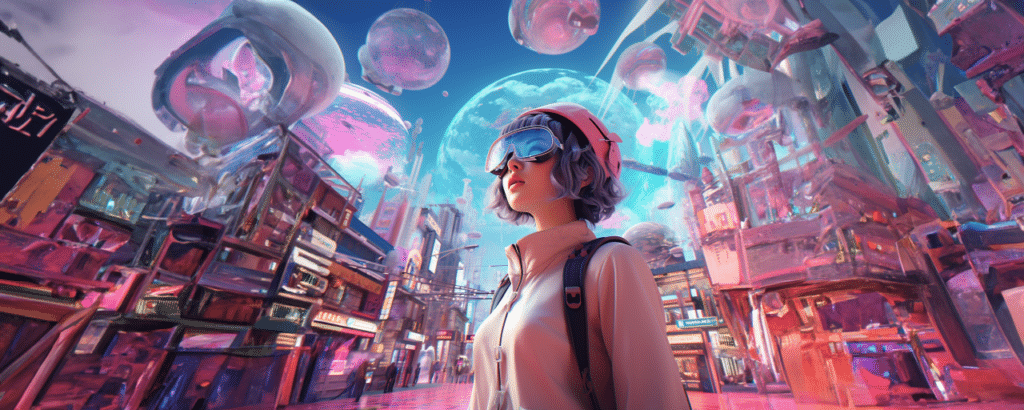
The concept of the metaverse has been evolving for decades, inspired by science fiction and then driven by technological advancements. Early representations of the metaverse can also be found in literature and film, such as Neal Stephenson’s “Snow Crash” and the more recent “Ready Player One” by Ernest Cline. These works depicted immersive virtual worlds where users could interact and then live out alternative lives.
Today, the development of the metaverse is being spearheaded by tech giants like Facebook (now Meta), Google, Microsoft, and then numerous startups. The ongoing advancements in VR, AR, AI, and then blockchain technologies are paving the way for a more interconnected and then immersive digital landscape.
Metaverse Technological Advancements

5G and Beyond
The deployment of 5G networks is crucial for the metaverse, offering the high-speed, low-latency connectivity required for seamless AR and VR experiences. Future developments in network technology will further enhance these capabilities.
Advanced VR and AR Hardware
The continuous improvement of VR and then AR hardware, including more comfortable and affordable headsets and AR glasses, will drive broader adoption and then richer experiences.
AI and Machine Learning
AI and machine learning are enhancing the realism and then interactivity of the metaverse. From intelligent NPCs to personalized content recommendations, AI is crucial for creating dynamic and then engaging virtual environments.
Metaverse Decentralized Technologies
Blockchain and then decentralized technologies ensure that the metaverse remains secure, transparent, and user-controlled. These technologies enable the creation and then trade of digital assets, secure identity verification, and then more.
Implications of the Metaverse
The rise of the metaverse has profound implications across various sectors, including social interaction, entertainment, education, and commerce. Here, we explore some of these transformative impacts.then The rise of the metaverse has profound implications across various sectors, including social interaction, entertainment, education, and commerce. Here, we explore some of these transformative impacts.
Social Interaction
It offers new ways for people to connect and then interact, transcending geographical boundaries. Virtual worlds and then social VR platforms enable users to meet, socialize, and then collaborate in immersive digital spaces. This has the potential to create more inclusive and then diverse communities, as users can also present themselves in ways that transcend physical limitations.
Entertainment
Entertainment is one of the primary drivers of the metaverse’s growth. From gaming to virtual concerts and then events, it provides immersive experiences that are not possible in the physical world. Artists and then performers can also reach global audiences in innovative ways, while gamers can also engage in increasingly complex and then immersive environments.
Education
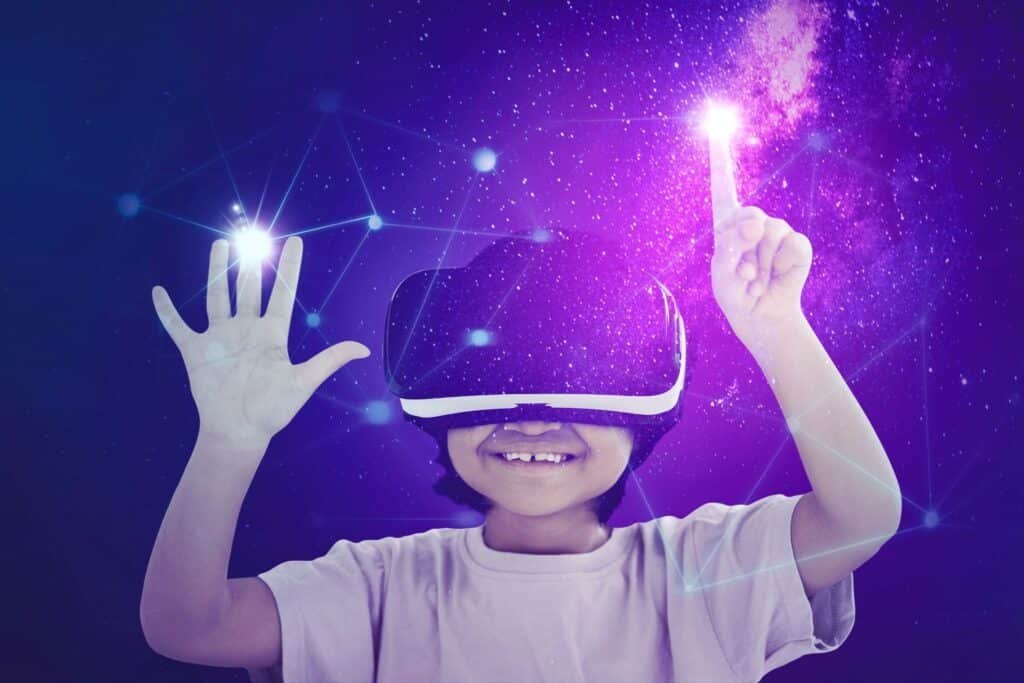
It holds significant potential for revolutionizing education. Virtual classrooms and training environments can also provide interactive and immersive learning experiences, making education more accessible and engaging. Students can also explore historical sites, conduct virtual experiments, and collaborate with peers worldwide.
Challenges and Considerations
While it offers numerous opportunities, it also presents challenges and then considerations that must be addressed.
Privacy and Security
As users spend more time in virtual environments, privacy and security become paramount. Ensuring that personal data is protected and then that virtual spaces are safe from malicious activities is critical. This requires robust cybersecurity measures and then regulations to protect users’ rights.
Digital Divide
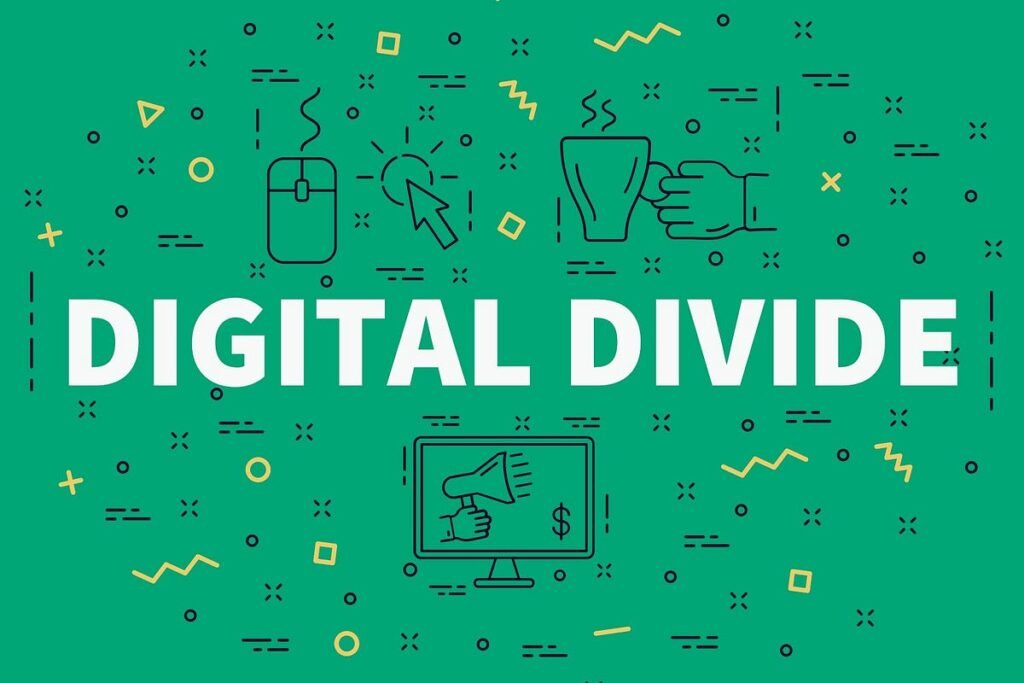
Access to the metaverse is dependent on technology, which could exacerbate existing digital divides. Ensuring equitable access to the necessary hardware and then connectivity is essential for the metaverse to be truly inclusive.
Metaverse Ethical and Legal Issues
The metaverse raises ethical and legal questions about digital identity, ownership, and then behavior. Establishing clear guidelines and then regulations will be important to address issues such as harassment, intellectual property rights, and the governance of virtual spaces.
Conclusion
The metaverse represents a significant evolution in how we interact with digital spaces and then each other. As technology continues to advance, it will become increasingly integrated into our daily lives, offering new opportunities and then challenges. By understanding its components, potential, and then implications, we can also better navigate and then shape the future of this transformative digital landscape.
Read more: Data Privacy





